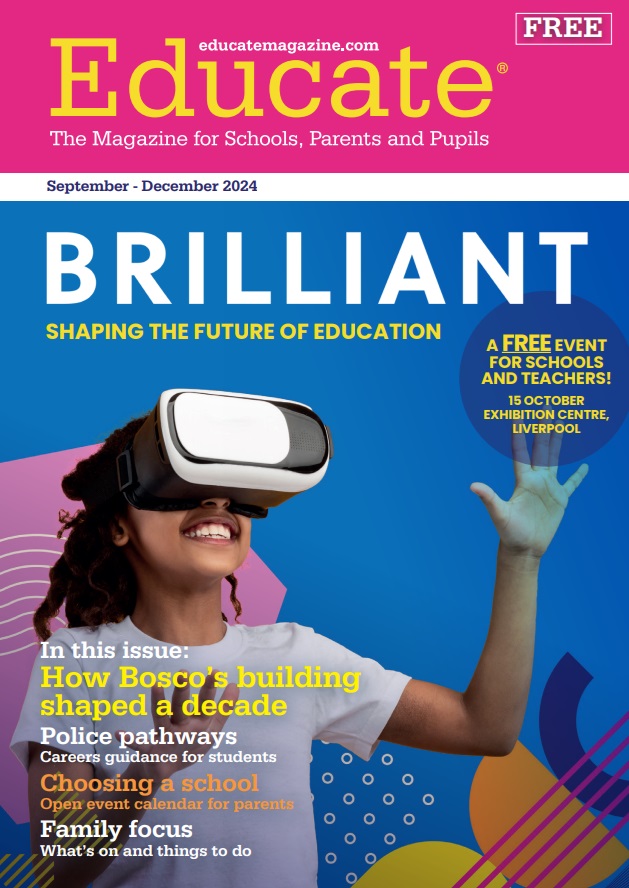New research reveals fewer children are reading for pleasure

New research from children’s reading charity, BookTrust, has revealed childhood reading enjoyment declines as children progress through primary school.
The findings from BookTrust’s family survey data published this week, found that while 33 per cent of seven-year-olds say they ‘love’ reading, this drops to 29 per cent at age 10 and further declines to just a quarter (25 per cent) by age 11.
The survey results come shortly after it has been revealed that reading achievement for school pupils in England is higher than the international average but ranks in the bottom third of countries worldwide for childhood reading enjoyment.
Almost 3000 primary school teachers in England were also surveyed by BookTrust. The survey found that teachers’ concern about levels of reading enjoyment among their pupils increases as children progress through primary school.
Around 48 per cent of Early Years Foundation Stage and Key Stage 1 teachers expressed concern over reading enjoyment levels in their class. This continues to rise to 63 per cent of Key Stage 2 teachers.
BookTrust research shows that children who enjoy reading tend to read by choice more often, for longer, and become more skilled readers, and that focusing solely on functional literacy risks depriving children of the wider benefits of reading.
Children who read regularly experience a wide range of immediate and lifelong benefits. These include improved speech and language skills, higher academic achievement, better mental well-being, enhanced social skills, and stronger relationships.
Reading also fosters imagination, empathy, and creativity. BookTrust said it is therefore vital that strategies to promote children’s reading enjoyment are prioritised and that organisations such as BookTrust provide the guidance and support to do so.
Booktrust said that given the widening attainment gap between disadvantaged children and their more advantaged peers over the last five years, it is particularly important that children from low-income and vulnerable family backgrounds receive reading support to enjoy reading during school hours, helping to level the playing field and overcome disadvantage.
Waterstones Children’s Laureate (2024-2026) and multi award-winning author and screenwriter, Frank Cottrell-Boyce, said: “When I was a child, my parents gave me a wonderful gift – the gift of reading – that’s why BookTrust’s latest research concerns me greatly. For too long, childhood literacy has not been taken seriously by those in power.
“Families from disadvantaged backgrounds haven’t had the means or support they need to give their children the enormous invisible advantage that my parents gave me. As a nation we are seeing an accelerating decline in the number of children reading for pleasure. We are also seeing an increase in childhood anxiety – a kind of happiness recession.
“These stats are two sides of the same coin. Are we seriously going to stand by and watch this happen? Are we going to let this magical gift, which boosts educational attainment and – more importantly – brings great happiness, become a privilege of the lucky few?
“It’s simply not good enough – and it’s not fair – that Britain currently ranks in the bottom third of of countries worldwide for childhood reading enjoyment. It stands at complete odds with our reputation for giving the world some of its best known stories and writers.
“We want every child, everywhere can enjoy the transformative power of reading.”
Jon Biddle, teacher at Moorlands Primary Academy in Belton, added: “The benefits of reading are undeniable, and to allow a generation to not reap those benefits would be a tragedy.
“Embedding reading for pleasure is not achievable in a lesson plan – it’s about the ethos of the whole school, prioritisation and commitment. In our school we know the vital role of the teacher in being a reading role model championing current children’s books and knowing their class’s preferences.
“Time is a challenge, but if all staff engage in regular conversations about books, that becomes the foundation to build on.”







